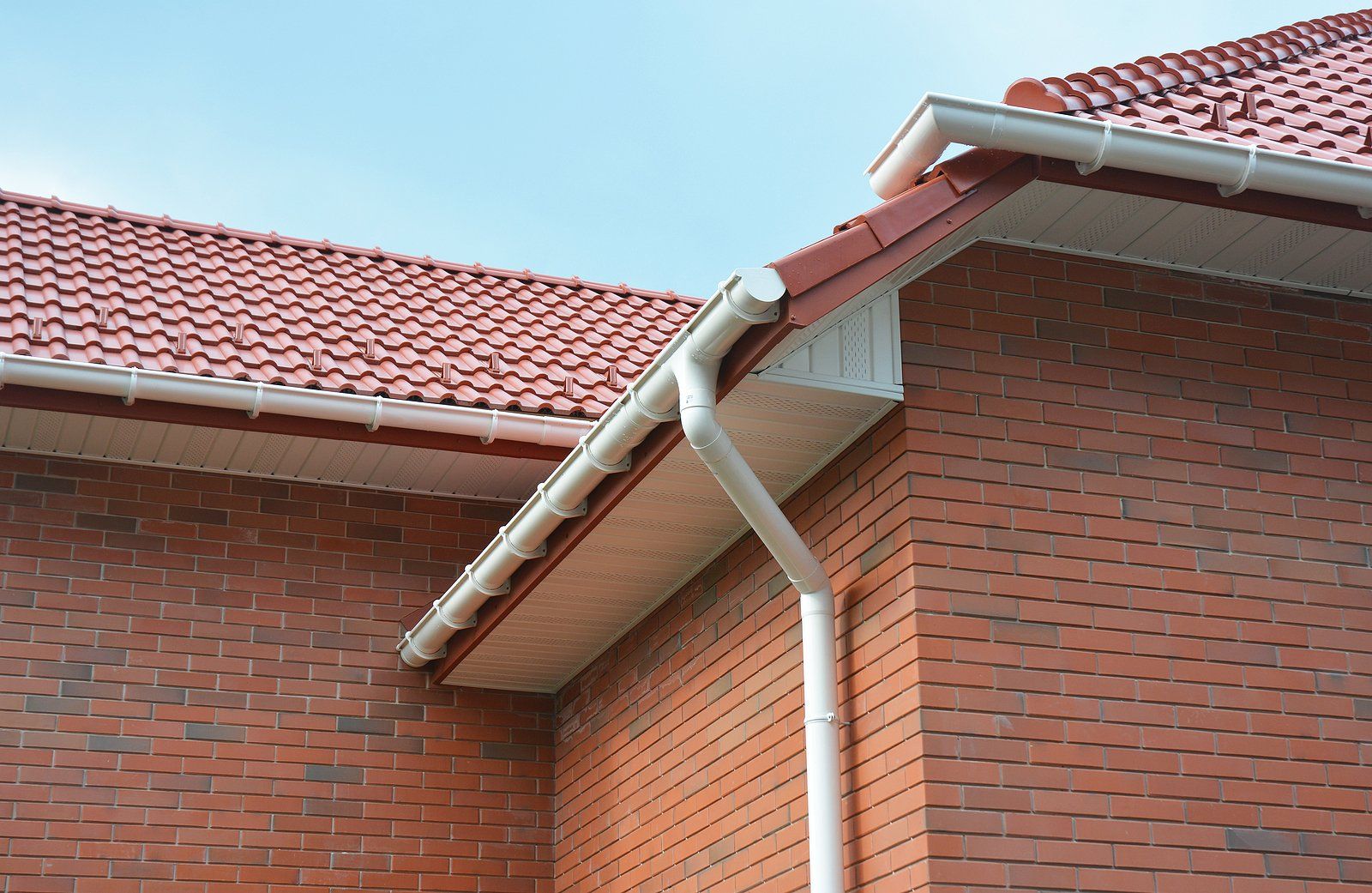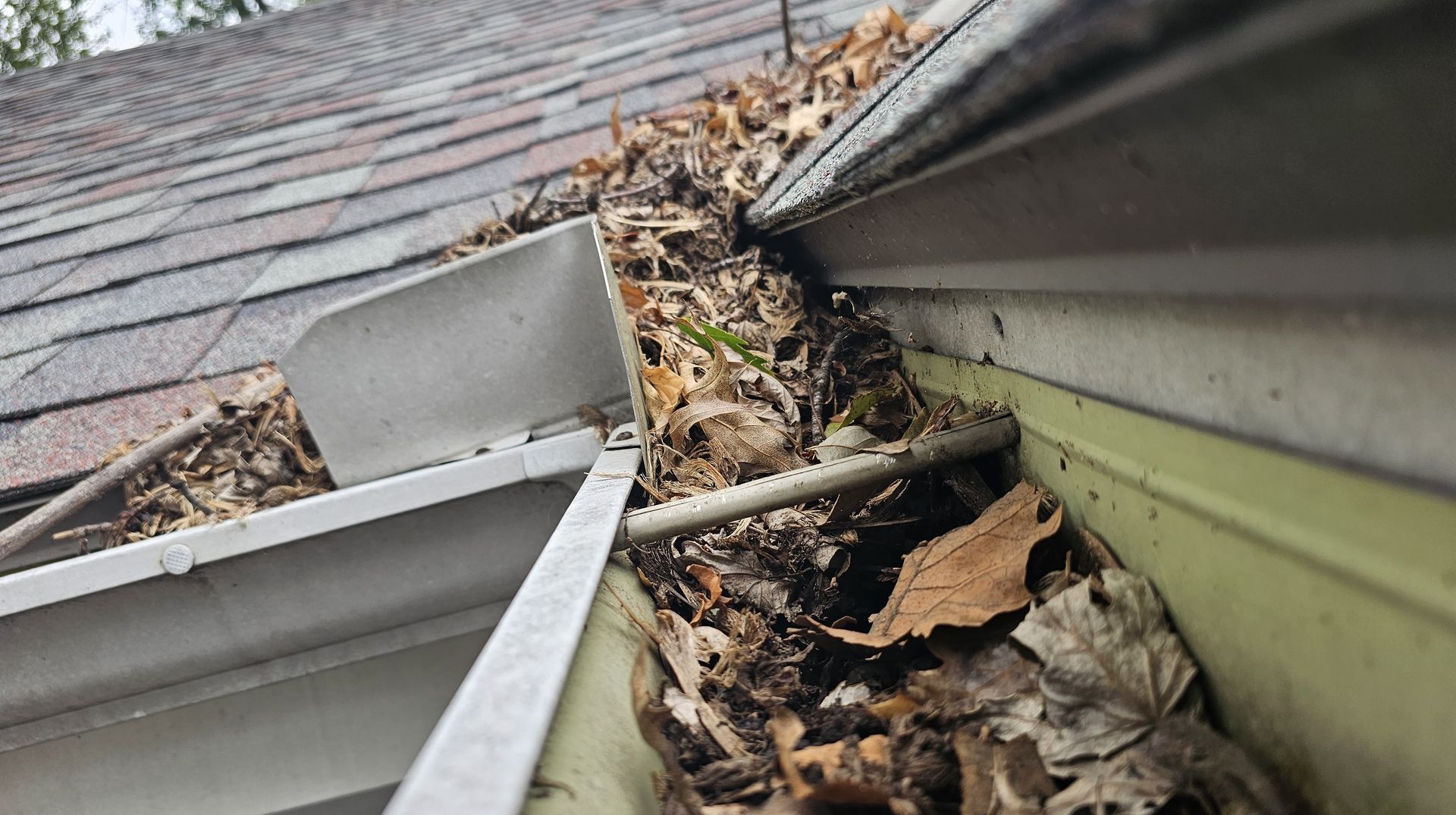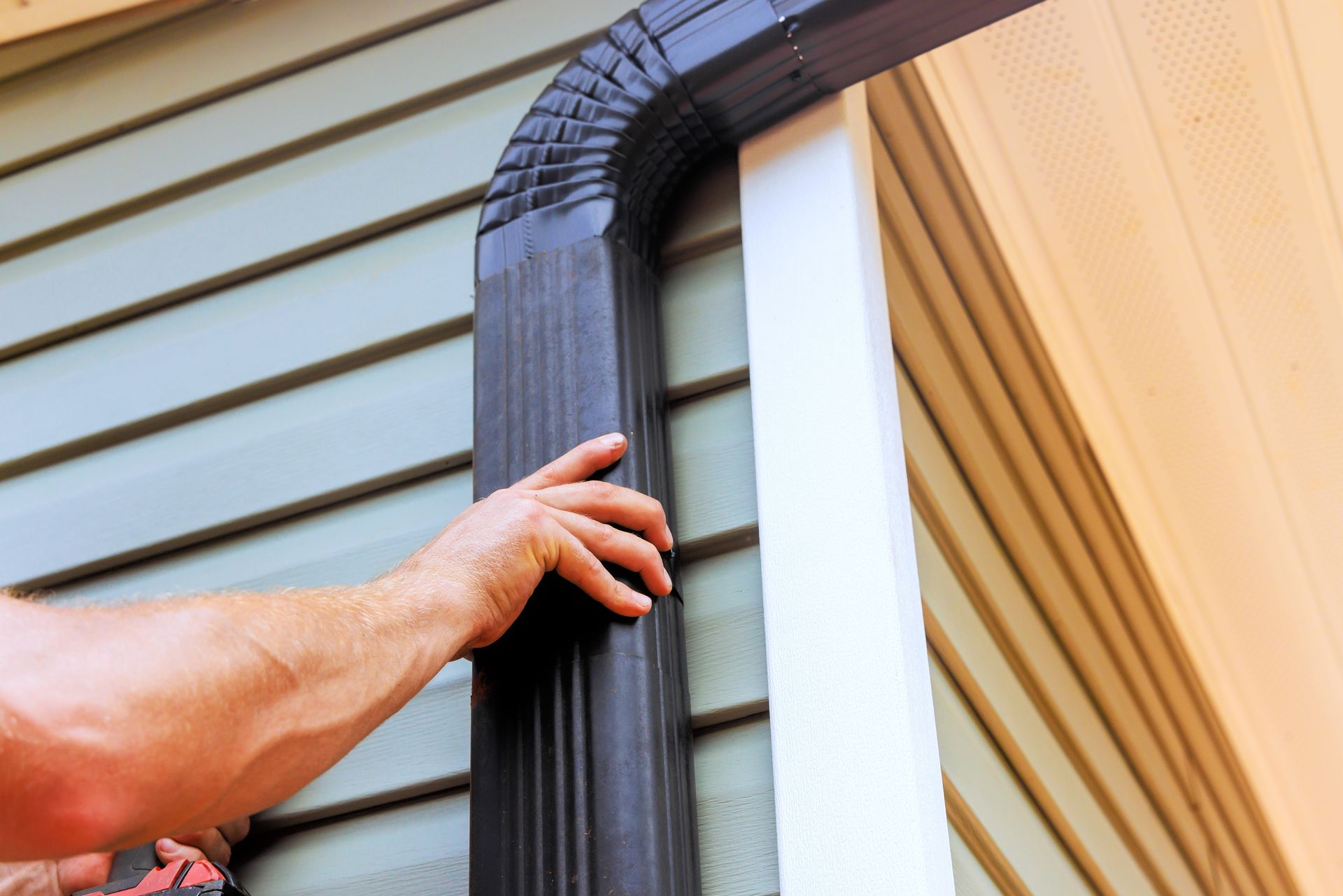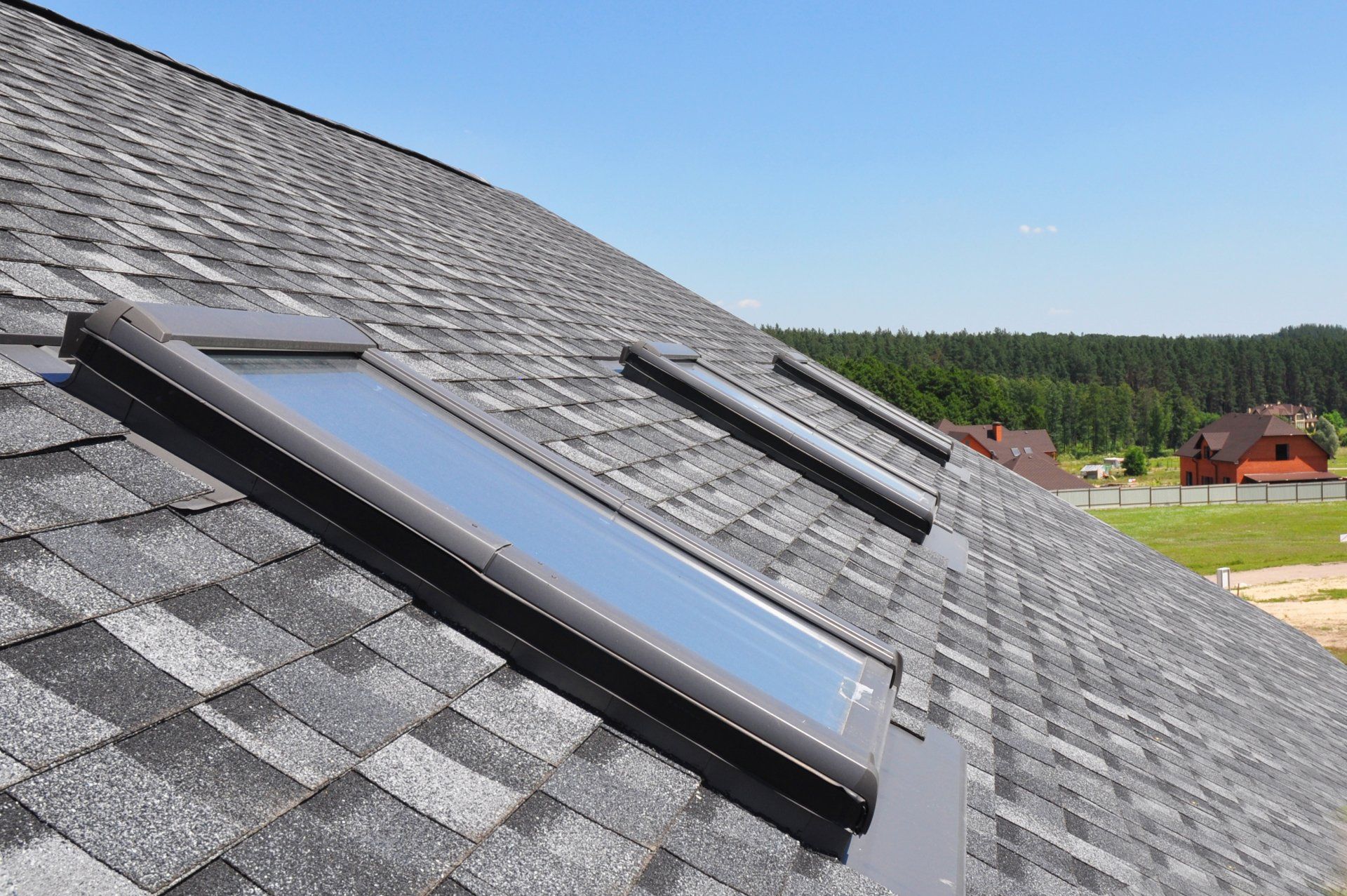Gutter Installation & Repair Facts
Gutter Installation & Repair Facts

Gutters are an essential element of a home's or facility's health and protection that is frequently overlooked. Despite their unassuming appearance, gutters protect your property. Gutters can protect the walls, windows, doors, and foundation of homes from water damage. If the gutter system is damaged or clogged, water can pour down your walls and collect at the foundation. This can threaten the structural integrity of a building and can result in gutter repair. Homeowners and businesses should know the facts on gutters to hire professional installers. These are some facts and tips on gutter materials, types of gutters, and installation costs.
Gutters & Draining
Gutters are an essential element of a home's or facility's health and protection that is frequently overlooked. Gutters are installed under the edge of your roof to catch rainwater as it flows down the surface of your roof. The channels direct the water through the tracks to the edge of your roof and into vertical sectionals known as downspouts. Downspouts frequently lead water into drainage systems away from a home's foundation. The downspout location or extensions water can be directed away depending on the length of the gutter.
Types of Gutters
Rain gutters come in various different types depending on your needs. The four primary styles of gutters are k-style, half-round, box, and fascia.
K-style gutters are the most common type of gutters installed by professionals. They are easy to install and have a decorative look similar to crown molding. They are available in standard 5- to 6-inch widths and frequently have rectangular downspouts. The disadvantage of the K-style style is that it is difficult to clean. This can result in rotting within the gutter and the need for replacement later on.
A trough with a curved lip best describes half-round gutters. Half-round gutters are better suited for round downspouts because of their unique feature.
Half-round gutters, like K-style gutters, are available in 5-inch to 6-inch widths. These gutters were more popular in the 1960s and were typically used on older brick homes. Unlike K-style and half-round gutters, box-style gutters are typically seen on commercial and industrial buildings. These gutters are also known to be built into the structure of a home to give a more industrial aesthetic.
These oversized gutters are designed to handle large amounts of rainwater, making them ideal for homes with large roofs. They are typically 7-inch and 8-inch wide, but some are as wide as 10 inches. Fascia gutters are custom-made gutters that provide a seamless, modern appearance. As a result, fascia gutters can be twice as expensive as half-round or K-style gutters. Homeowners should work with a professional installer to build a gutter system. The materials for gutter systems can range from various different materials that can offer unique qualities. Seamless gutters and gutter guards can differ from a linear foot or more.
Gutter Materials
Professional installation companies know that there are various kinds of materials used to make gutters. Homeowners should be knowledgeable about what material works best for their home. Homeowners should know that selecting gutters and downspouts can be a tedious process if working with certain materials. The most popular materials range from wood, zinc, vinyl, aluminum, and galvanized steel. Wood gutters add character to any home, but they are especially recommended for historic homes. They're a simple way to make the exterior appear more luxurious.
Wood is prone to rot and requires extensive treatment if not correctly cared for. Zinc is a low-maintenance option for homeowners. Zinc gutters do not rust, and a self-sealing patina protects them from scratches and cracks caused by falling debris. Vinyl gutters are made of PVC and plastics. They are among the most common materials but only last 10 to 20 years on average. Vinyl rusts incredibly quickly in wet climates.
Aluminum gutters are another popular gutter system option. They have an average lifespan of 10 to 20 years and are suitable for do-it-yourself installation. Aluminum gutters are rust-resistant but prone to cracking. Other metal gutters, such as galvanized steel, can rust, but aluminum materials are lighter, resulting in faster cracking. Galvanized steel gutters are more durable than aluminum gutters and must be installed by a professional. These long-lasting gutters are long-lasting and perform well even in wet climates with heavy rainfall.
Gutter Repair or Gutter Replacement
The average cost to repair gutters is between $150 and $630. However, numerous factors can make gutter repair more expensive. The material and type of gutter can affect the overall cost of gutter repair. Installation companies recommend cleaning your gutters to prevent any rust or rot. Rust and rot are two of the main culprits that your home or business may need a gutter replacement. Mold, missing gutter sentiments, or lost parts are all signs that you may need gutter repair or replacement. If your gutter system isn't properly drained, rainwater can pool around the foundation. The build up of water could stain or fade the exterior of your office, jeopardizing its stability. Rain can soften your foundation even more by eroding or weakening the soil.
Working with Walter's Roofing
Professional gutter installation simplifies cleaning, maintenance, and replacement. When a professional handles a home improvement or commercial renovation project, every phase becomes more accessible. Walter's Roofing has provided gutter installation and replacement services in Cuyahoga County for over 60 years. We are the market leader in gutter installation and maintenance in your area. We are dedicated to providing the best gutter installation in your area!






